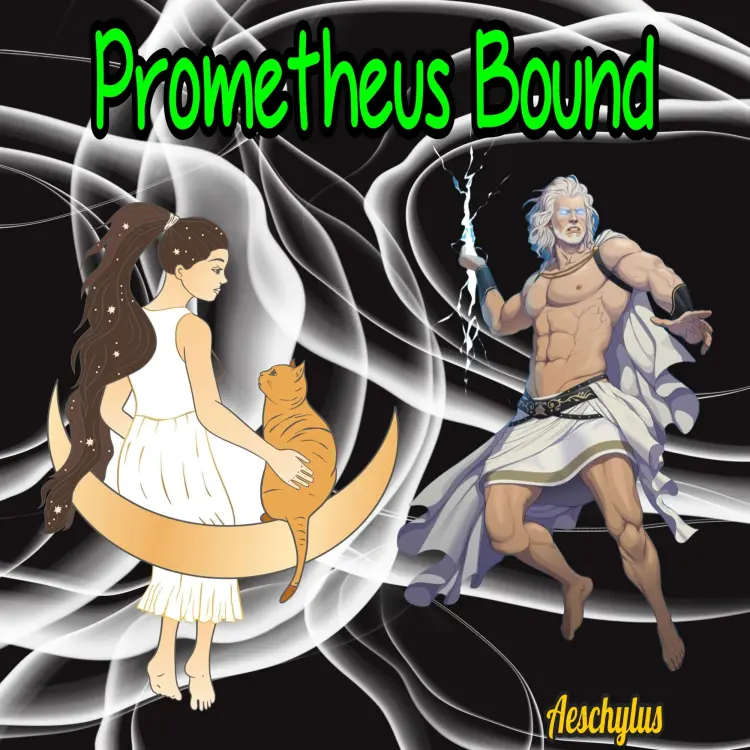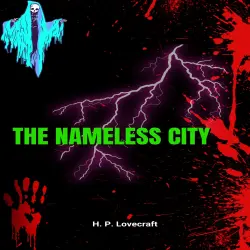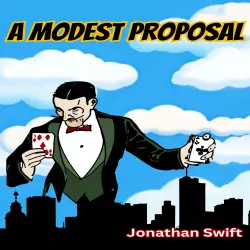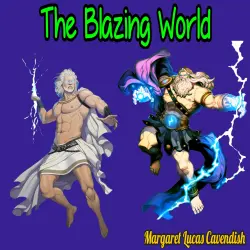
Prometheus Bound
Aeschylus
Unabridged
59 minuten
Opmerking: Er kunnen kosten verbonden zijn aan het afspelen van de audioboeken of hoorspelen op de respectievelijke platforms, bijv. Spotify. Lismio heeft geen invloed op welke luisterboeken en hoorspelen beschikbaar zijn op de service.
Sommige artikelen bevatten affiliate links (gemarkeerd met een sterretje *). Als je op deze links klikt en producten koopt, ontvangen we een kleine commissie zonder extra kosten voor jou. Uw steun helpt ons deze site draaiende te houden en nuttige inhoud te blijven maken. Hartelijk dank voor uw steun!
Van de uitgever
Prometheus Bound by Aeschylus is an Ancient Greek tragedy traditionally attributed to Aeschylus and thought to have been composed sometime between 479 BC and the terminus ante quem of 424 BC. The tragedy is based on the myth of Prometheus, a Titan who defies Zeus, and protects and gives fire to mankind, for which he is subjected to the wrath of Zeus and punished.
C. J. Herington claims that Aeschylus certainly did not mean for Prometheus Bound to be a "self-contained dramatic unity", and suggests that "most modern students of the subject would probably agree" that Prometheus Bound was followed by a work with the title Prometheus Lyomenos (Prometheus Unbound). Herington adds that "some very slight evidence" indicates that Prometheus Unbound "may have been followed by a third play", Prometheus Pyrphoros (Prometheus the Fire-Bearer); the latter two survive only in fragments. Some scholars have proposed that these fragments all originated from Prometheus Unbound, and that there were only two Promethean plays rather than three. Since the final two dramas of the trilogy have been lost, the author's intention for the work as a whole is not known.
The ascription to Aeschylus had never been challenged since antiquity down to relatively recent times.[a] By the 1970s, both R. P. Winnington-Ingram and Denys Page had become sceptical of its authenticity, but the majority of scholars still affirmed the traditional attribution of authorship.[b] Independently in 1977 both Oliver Taplin and Mark Griffith made forceful cases, on linguistic, technical and stagecraft grounds, for questioning its authenticity, a view supported by M. L. West. To date, no consensus on the matter has been established, though recent computerized stylometric analysis has thrown the burden of proof on those who uphold the traditional claim.
C. J. Herington claims that Aeschylus certainly did not mean for Prometheus Bound to be a "self-contained dramatic unity", and suggests that "most modern students of the subject would probably agree" that Prometheus Bound was followed by a work with the title Prometheus Lyomenos (Prometheus Unbound). Herington adds that "some very slight evidence" indicates that Prometheus Unbound "may have been followed by a third play", Prometheus Pyrphoros (Prometheus the Fire-Bearer); the latter two survive only in fragments. Some scholars have proposed that these fragments all originated from Prometheus Unbound, and that there were only two Promethean plays rather than three. Since the final two dramas of the trilogy have been lost, the author's intention for the work as a whole is not known.
The ascription to Aeschylus had never been challenged since antiquity down to relatively recent times.[a] By the 1970s, both R. P. Winnington-Ingram and Denys Page had become sceptical of its authenticity, but the majority of scholars still affirmed the traditional attribution of authorship.[b] Independently in 1977 both Oliver Taplin and Mark Griffith made forceful cases, on linguistic, technical and stagecraft grounds, for questioning its authenticity, a view supported by M. L. West. To date, no consensus on the matter has been established, though recent computerized stylometric analysis has thrown the burden of proof on those who uphold the traditional claim.








